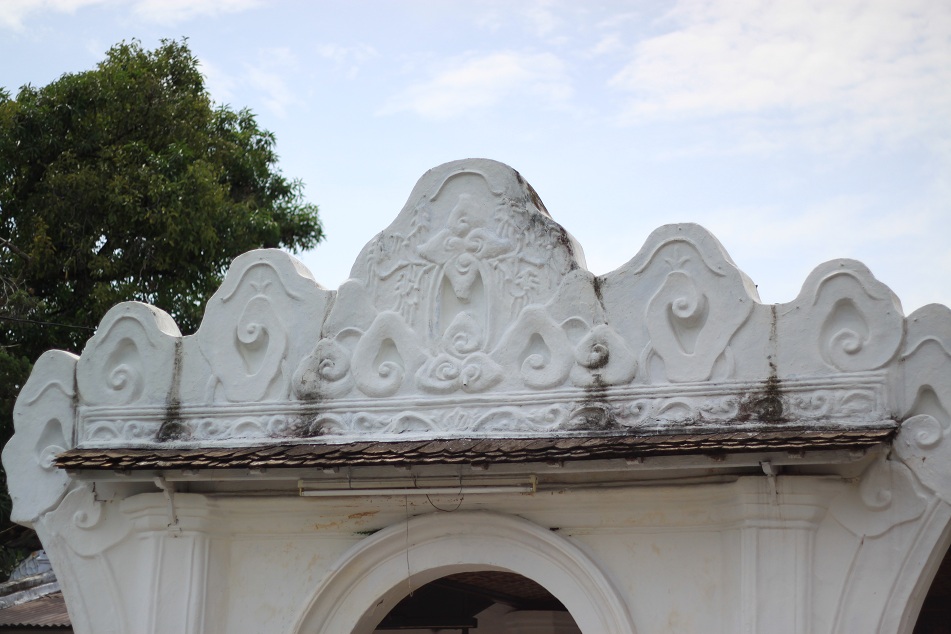I've been debating community, identity, tradition and modernity in today's world.
Firstly, living in a modern Western society (Australia) ensures that I am free to be an individual, free to define my own journey. Of course peer pressure is relevant here and we do have expectations from ourselves and from others around us but in a different way to other societies.
We want meaning, we want to define where we stand, find out whether we fit or don't fit.
Recently, I read a book which relates to these issues by Robyn Bavati called 'Dancing in the Dark'. It is about the life of a young Haredi/Ultra-Orthodox Jewish girl living in a conservative family who wanted to become a ballet dancer (fictional yet based on a real individual). She faced difficult in doing this and had to lie about her other life and what Robyn does in this book is interesting, you would think she would condemn them and their ways but she shows that there is something about living in a Haredi community that can be fulfilling and that we as individuals are continually making choices to be where we are or to change directions and maybe the walls that limit us can be empowering for some people (giving them a sense of meaning and place-i.e Sara, Ditty's friend) but limiting for others (i.e Ditty, the main character).
I, as a Mauritian-Australian am constantly asking myself about my identity. My Creole culture (which was explored in an earlier post) is based on the interactions of slaves who lost their cultures and Europeans and other Mauritians and finding meaning in Creole identity, community is something that isn't really easy to work out. You can say it's our music or our involvement in religion (Catholic, Anglican, Evangelical and even Rastafarianism) but I don't see that as fulfilling for me as an individual. Growing up in Australia has definitely made me feel different from people in Mauritius, our culture here is not quite defined, it was about a specific British/Northern European heritage and that still plays a role (hence of course, use of the English language) but transitioning into a multicultural society has led us to ask what makes us Australian. And, I find that I don't personally connect to Australia's British heritage overly (although it has obviously influenced me) and modern civic, multicultural Australia hasn't developed the culture or symbols for me to connect with (on a deeper level) coming from my background.
Maybe, it's because I don't feel complete with my Creole heritage and the people around me with a strong cultural background can relate to cultures with stronger identities and traditions which can then interact with their Australian identity for a stronger, more complete one?
I am searching, spiritually and culturally to fulfil myself and find a greater sense of meaning that I can connect with. I do have good friends and having friends you can talk to is truly a sense of community. Family, forms another community and I do have many cousins (many overseas and interstate though) and I do feel I can connect with a few of them fairly well (e.g. Mum).
But because culture is so important to me, I feel that in places such as Brazil, Mexico and a few other Latin American countries have experienced cultural hybridity on a deeper level and can fulfil the aspects of both Creole and Australian cultures I find lacking. I can learn about Brazilian spirituality and connect it to the ancestor veneration of my Malagasy African heritage, the Catholic practices of other ancestors (e.g. religions such as Umbanda, Catimbo, Candomble in Brazil, Espiritismo and Santeria in Cuba). Indigenous and European heritages have meshed in Mexico where in Australia they have mostly remained separate (Day of The Dead).
Dominic
